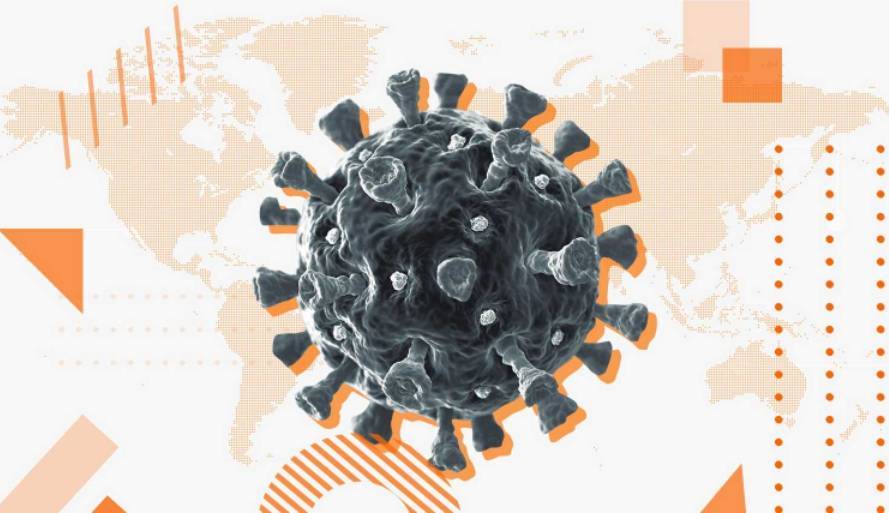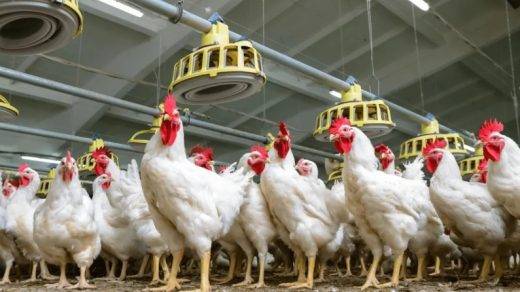The vaccination campaign in England is set to begin on September 11, around three weeks ahead of its originally planned early October launch.
UK health authorities have noted a rise in cases of the highly variable ‘Pirola’ variant of COVID-19.
Public Health Scotland (PHS) has indicated that the BA.2.86 variant was initially detected via PCR testing from a sample collected on August 16.
British media reports that the UK Health Security Agency (UKHSA) is preparing to announce strategies for enhanced COVID-19 testing and community surveillance throughout the winter season in the upcoming weeks.
Following a recent declaration by health authorities, this choice has been made shortly after the announcement that the vaccination campaign in England will kick off on September 11, a notable advancement from the initially projected “early October” start date.
Starting September 18, the NHS will initiate invitations for individuals based on their risk priority, and those who meet the eligibility criteria will have the option to schedule an appointment using the National Booking Service. These actions are being introduced as a response to the surge in COVID-19 cases driven by the emergence of the extensively mutated SARS-CoV-2 variant, referred to as BA.2.86 or Pirola.
The UK Health Security Agency (UKHSA) has affirmed that it is presently examining the recently identified variant.
The UKHSA stated:
“Although BA.2.86 is not currently designated as a variant of concern, recommendations from the UKHSA propose that expediting the autumn vaccine campaign will provide enhanced safeguarding, particularly for those with heightened vulnerability to severe illness, and minimize potential strains on the NHS.”
Dame Jenny Harries, Chief Executive of the UK Health Security Agency, has underscored the considerable achievement of the vaccination program in establishing resilient and widespread immune protections against these novel variants throughout the population.
“At the moment, there is a limited amount of information about BA.2.86, making it challenging to predict its potential effects. Similar to all newly emerging and existing COVID-19 variants, both within the UK and globally, our commitment remains to observe BA.2.86 closely and provide guidance to the government and the public as our understanding grows,” he elaborated.



